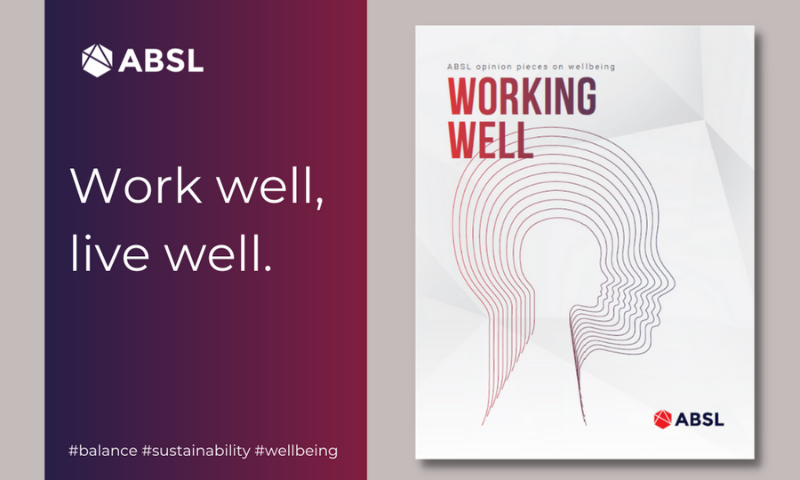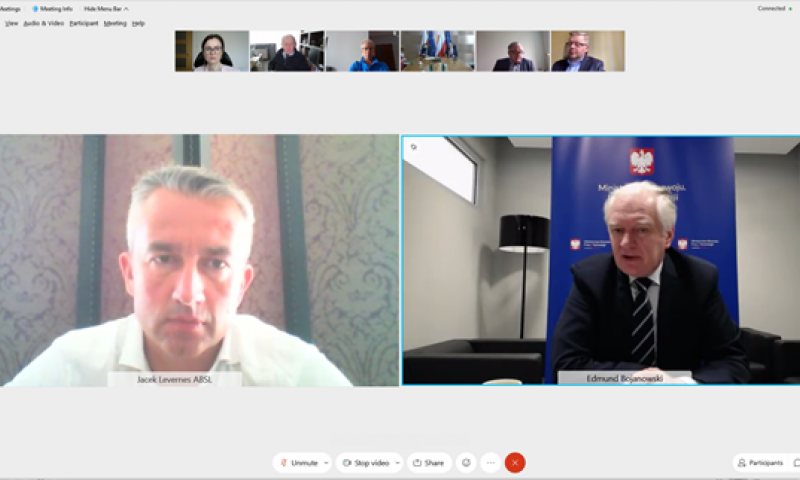Employers call for legal changes in the field of remote work
COVID - 19 significantly influenced the situation on the labor market. Initially, employers faced the challenge of providing their employees with safe working conditions. The solution in the form of remote work, temporarily regulated in the Anti-Crisis Shield, proved to be successful in this case. However, recent months have shown that we may be dealing with a permanent change in the work model. PwC indicates that as many as 74% of companies plan to increase the scope of remote work, the moment the pandemic is over. The legal changes that employers are calling for today, must provide the answer to the new reality.
During the preparation of "Safe return to work" project, employers' organizations:
• American Chamber of Commerce (AmCham)
• Business Center Club
• French-Polish Chamber of Commerce
• Polish Confederation Lewiatan
• Polish HR Forum
• The Polish-Swiss Chamber of Commerce
• Employers of Poland
• Association of Business Service Leaders (ABSL)
reviewed the current regulations, distinguishing those that require permanent changes in Polish law. Their objective is to develop legislative solutions that will support employees and employers’ most smooth and normal operations. The most crucial areas include remote work, temperature measurement and COVID-19 tests.
Remote work
The recent months have shown that remote work has been and still is a widely used work organization tool. What is more, according to Devire report, two out of three candidates are more likely to choose an offer that provides partial or full-time remote work. This, in turn proves remote work to be a solution desired by employees, also increasing the attractiveness of a given job. By all indications, remote work will become a permanent element of the labor market, providing sense of security and becoming the integral part of many companies’ structure.
The matter of remote work entails major legislative challenges. Acts included in the Anti-Crisis Shield introduced certain legal tools that meet the needs of employers and employees, but these are temporary solutions that will no longer apply after 4th of September. The provisions of teleworking included in the Labor Code are too narrow to respond to all the cases where remote work may be applied and it is not always possible to apply them. Remote work can be performed anywhere in either more or less irregular mode. Its introduction depends mainly on two factors: the nature of the work performed and the preferences of employees and employers as to its frequency. The definition of remote work should take into account a number of possibilities that this mode offers. Additionally, the employers' organizations agree that most of the rules related to remote work operating procedures should be the subject of individual arrangements between the employee and the employer. This applies primarily to its frequency, place of performance, data security, or possible costs incurred by employees.
One of the key elements that requires regulation is also the area of occupational health and safety. As the employer does not fully control the remote working conditions, it is not possible to apply all health and safety regulations resulting from the Labor Code and other legal acts. Hence, employers propose solutions more suited to the reality of remote work, i.a. related to accident investigation and qualification, whether an event could be recognized as an accident at work.
No clear legal basis for temperature measurement and performance of Covid-19 tests
Due to the different approaches of the authorities, there are no clear rules constituting the legal basis for measuring body temperature and performing tests for COVID - 19, especially in the field of data processing. According to Chief Sanitary Inspector (GIS), the employer must obtain the employee's consent for the temperature measurement. The Personal Data Protection Office (UODO) on the other hand indicates that consent cannot be the basis for data processing, and may be, in accordance with art. 9 sec. 2 p. i) General Data Protection Regulation (RODO), provisions of applicable law. Therefore, it is necessary to introduce a legal instrument in the Labor Code that will allow employers to undertake the above-mentioned actions in a life or health threatening situation and to protect these goods in relation to all employees at workplaces.








